List of All ICC Women’s ODI World Cup Winners
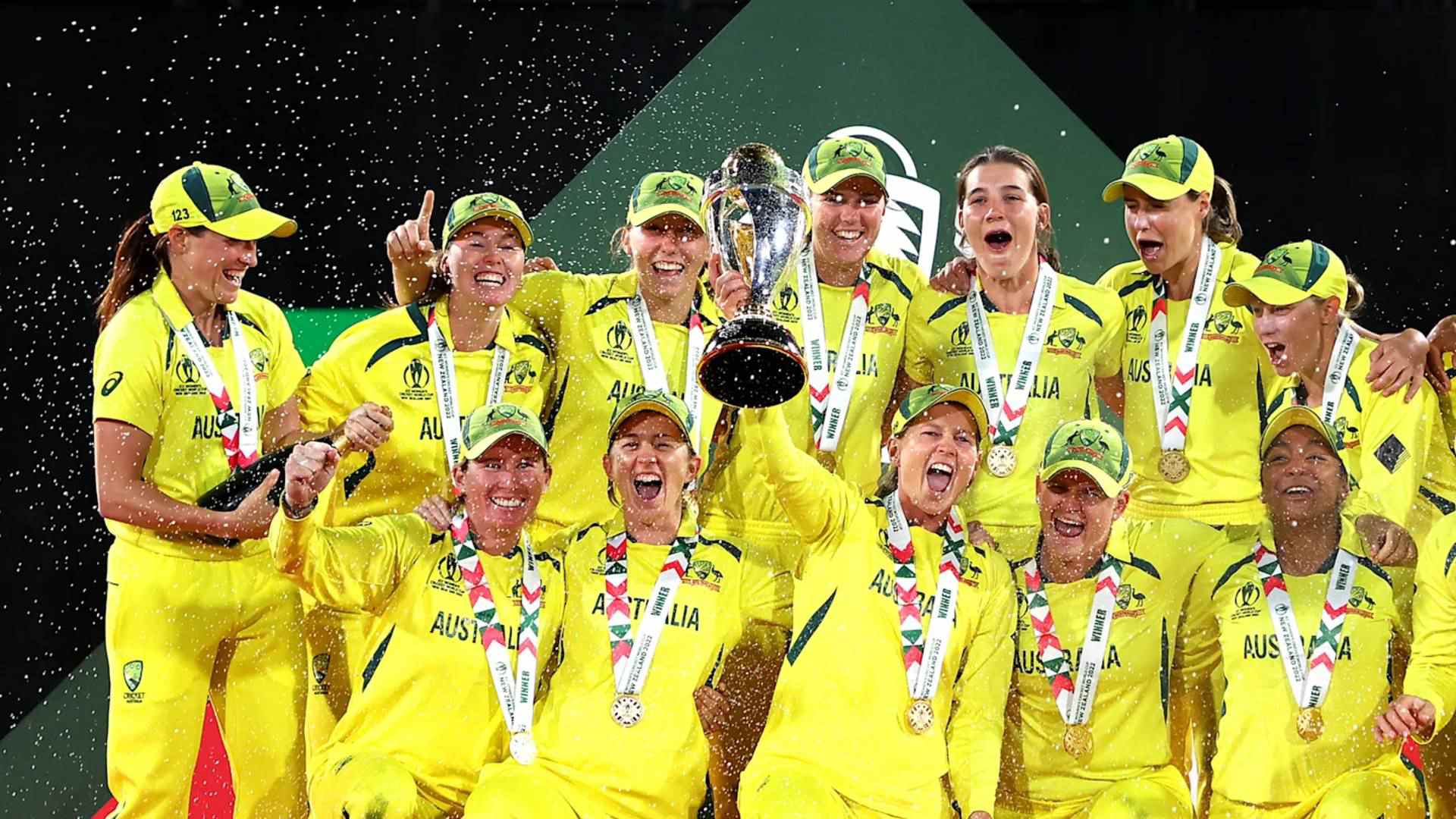
Australia (2022)
Australia defeated England by 71 runs in the final of the ICC Women's Cricket World Cup 2022 in Christchurch to claim their seventh title. Alyssa Healy was adjudged Player of the Match for her magnificent and record-breaking innings of 170, despite late heroics from England's Nat Sciver-Brunt during the 357-run chase.
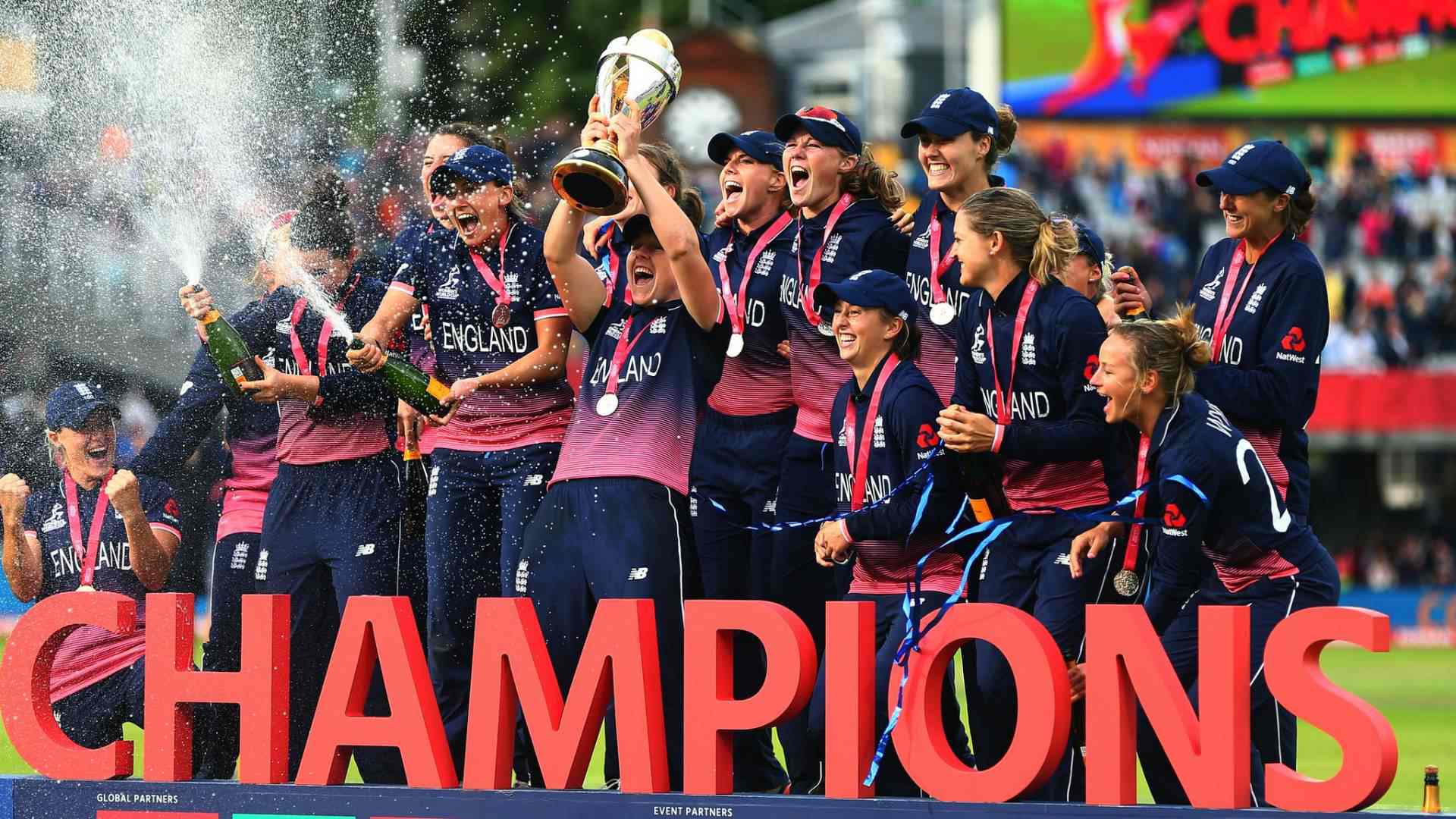
England (2017)
In one of the most closely-contested Women's World Cup finals, England secured its fourth title by defeating India by 9 runs at the Lord's Cricket Ground on July 23, 2017. They successfully defended their total of 228/7, as fast bowler Anya Shrubsole delivered a stunning spell of 6/46 in the second innings of the match.
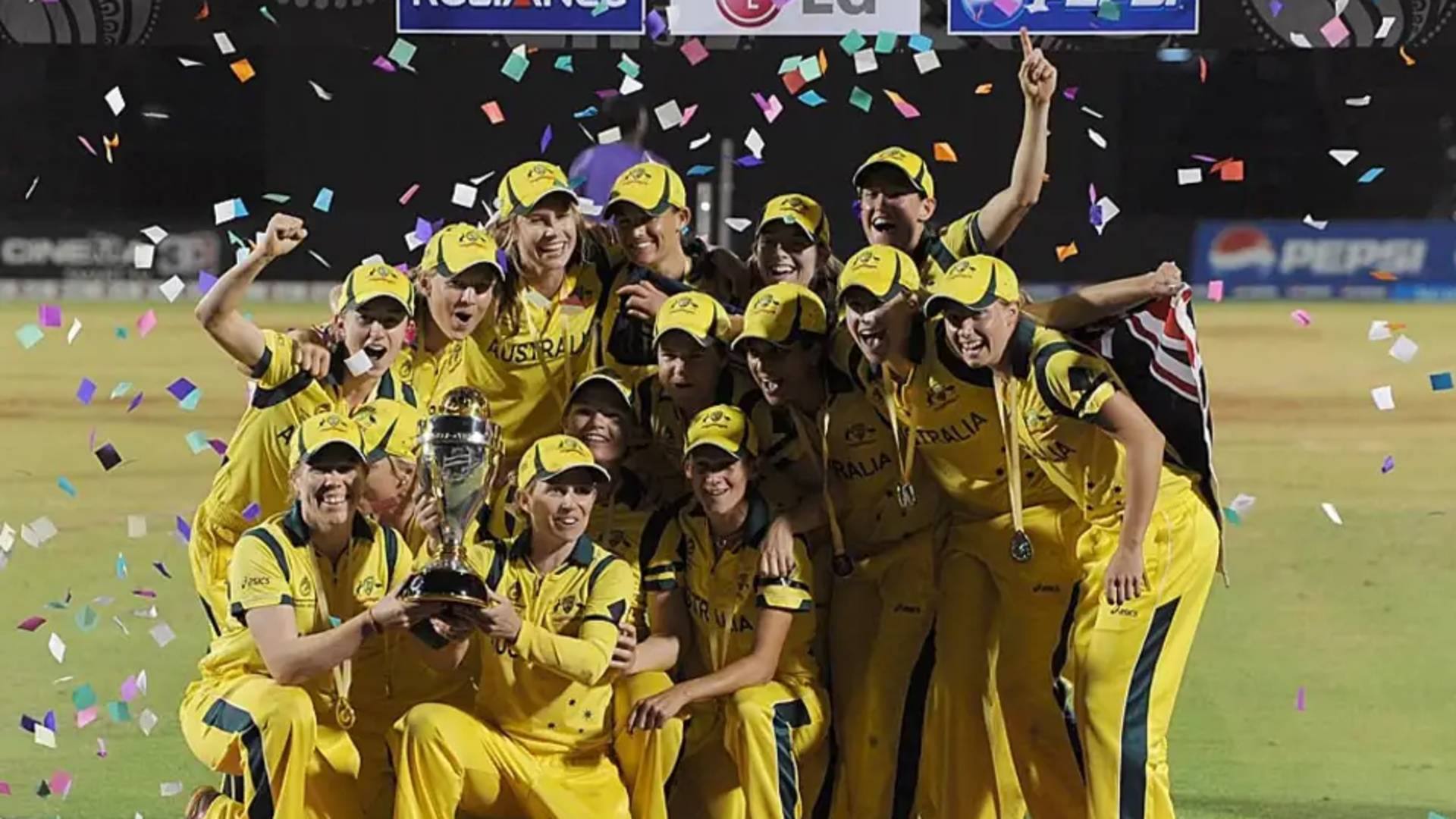
Australia (2013)
Australia secured its sixth ICC Women's World Cup title in 2013, by convincingly defeating the West Indies by 114 runs in the final at the Brabourne Stadium in Mumbai. Australia posted a challenging total of 259/7, as West Indies' innings faltered early against the pace of Ellyse Perry and they were eventually bowled out for 145.
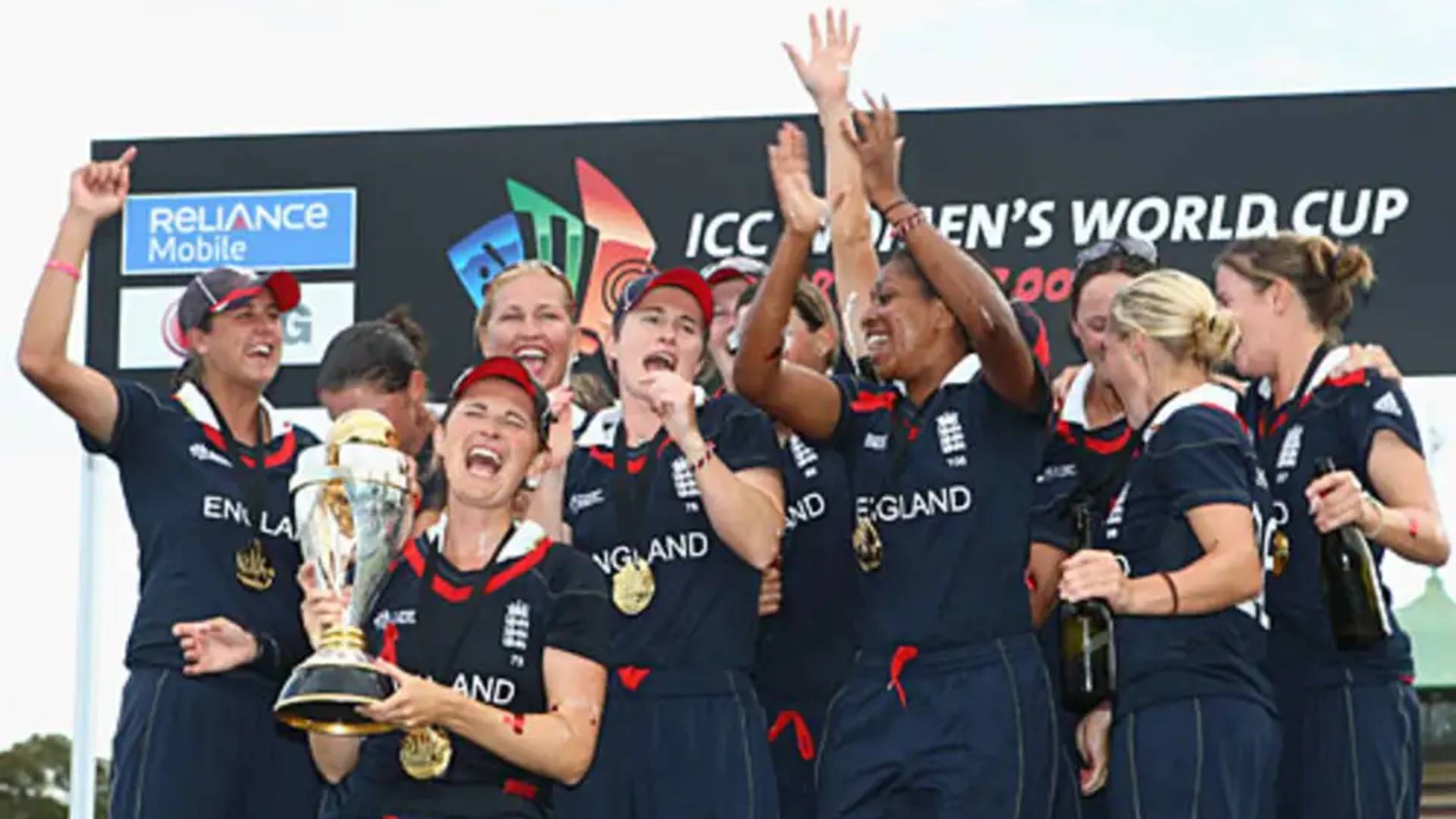
England (2009)
Winning two major ICC Women's titles in a calendar year, England secured its third Women's Cricket World Cup title in 2009, defeating New Zealand by four wickets in the final at the North Sydney Oval, Australia. Nicky Shaw, Caroline Atkins and Sarah Taylor set up the win for the Three Lioness, before they later won the T20 WC as well.
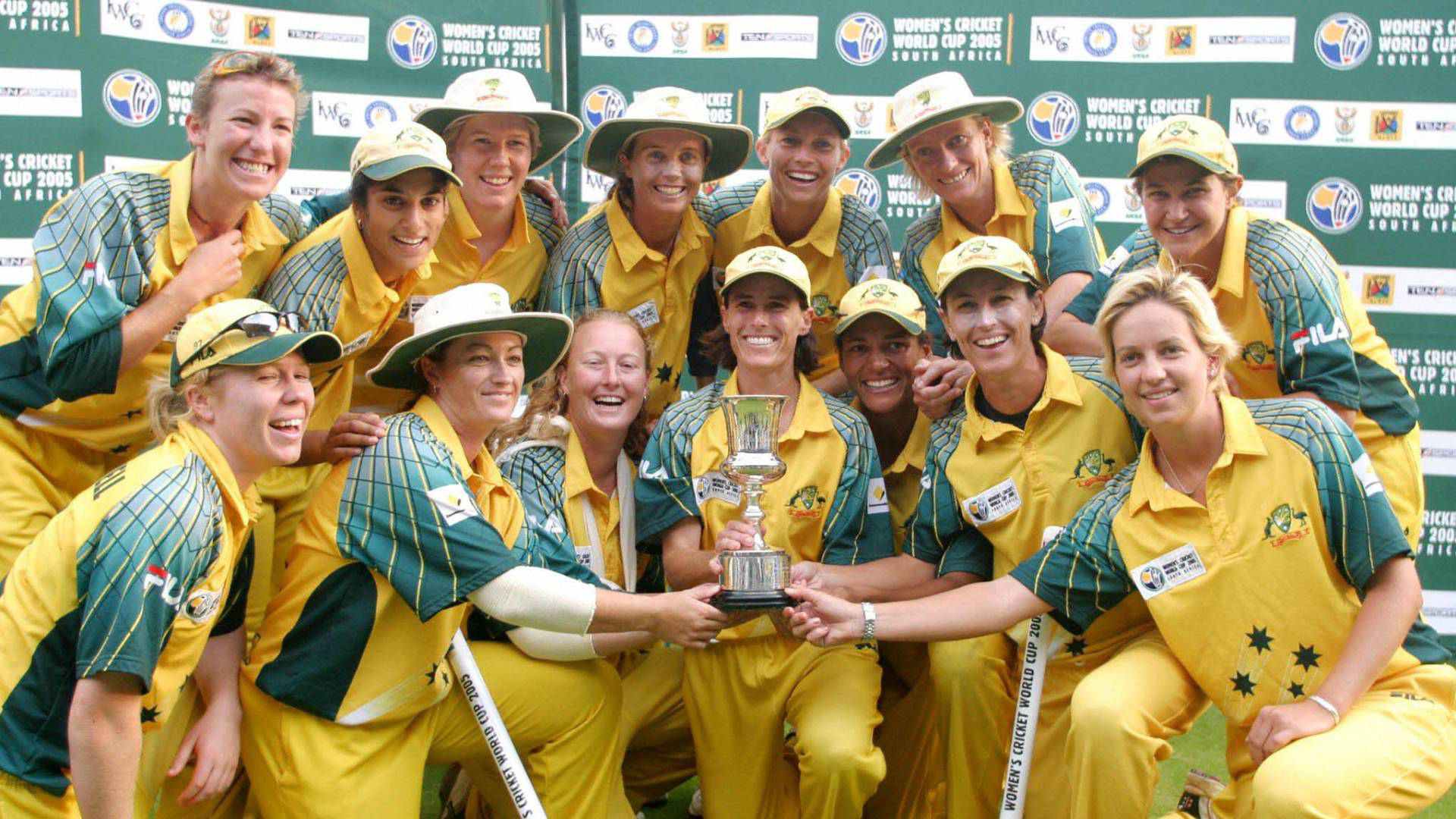
Australia (2005)
In the final of the 2005 Women's Cricket World Cup in Centurion, South Africa, Australia clinched its fifth title by comfortably defeating India. Captained by Belinda Clark, Australia posted a total of 215/4, with Karen Rolton being later named both Player of the Match and Player of the Tournament for her impressive form and heroics.
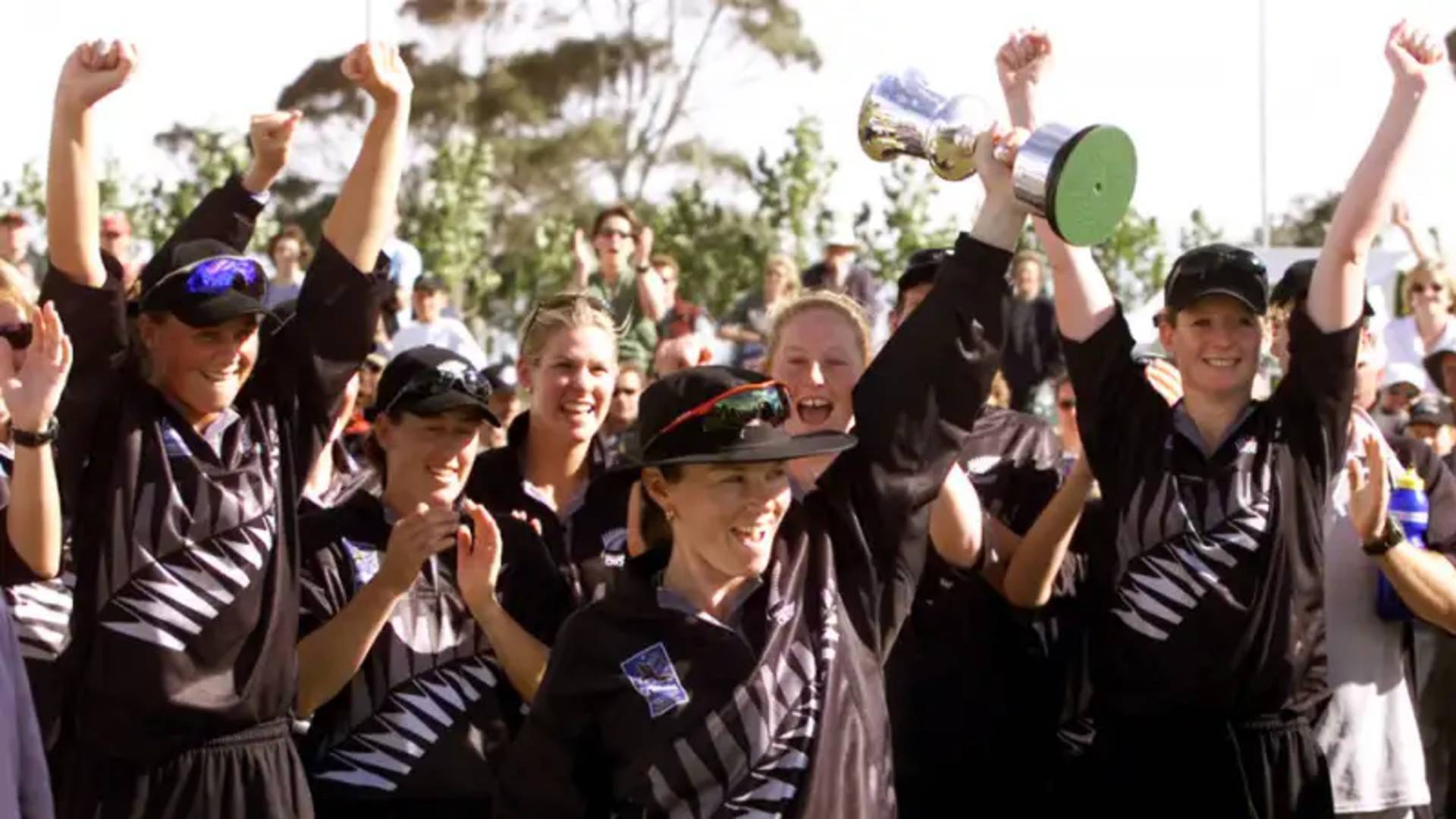
New Zealand (2000)
A nail-biting four-run victory secured New Zealand its first and only Women's ODI World Cup title to date, a feat that even the Men's team has failed to achieve. Defending a modest first-inning total of just 184 runs, the Kiwis bowlers delivered a masterful performance to restrict Australia to 180 in a tense finish on the final ball.
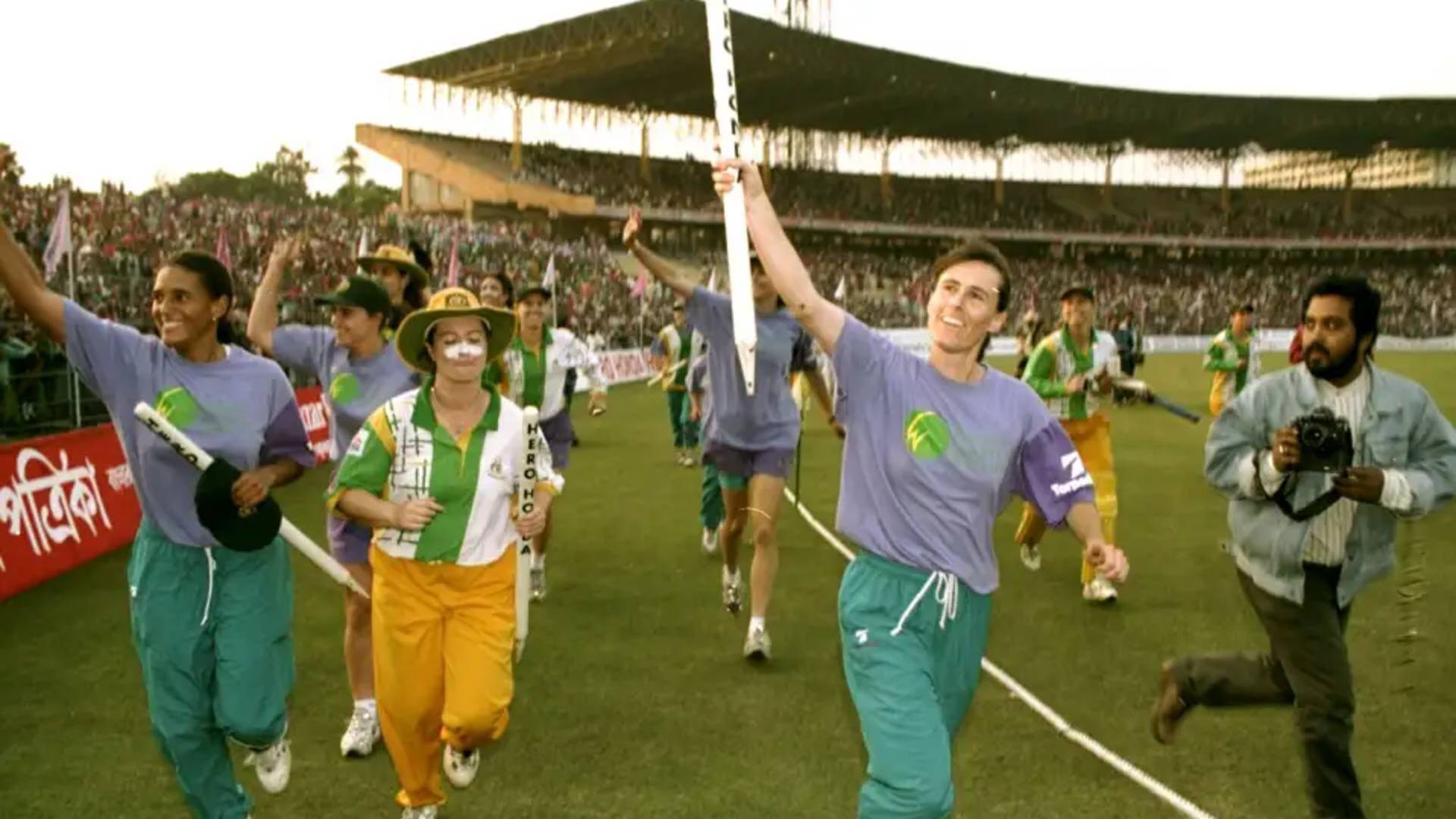
Australia (1997)
Australia defeated arch-rivals and neighbors New Zealand by 5 wickets in the final of the 1997 edition of the Women's World Cup at Eden Gardens, Kolkata, to secure their fourth title. Chasing New Zealand's total of 164 runs, captain and legend Belinda Clark led the chase with a solid 52 as Australia reached 165/5 with 14 balls to spare.
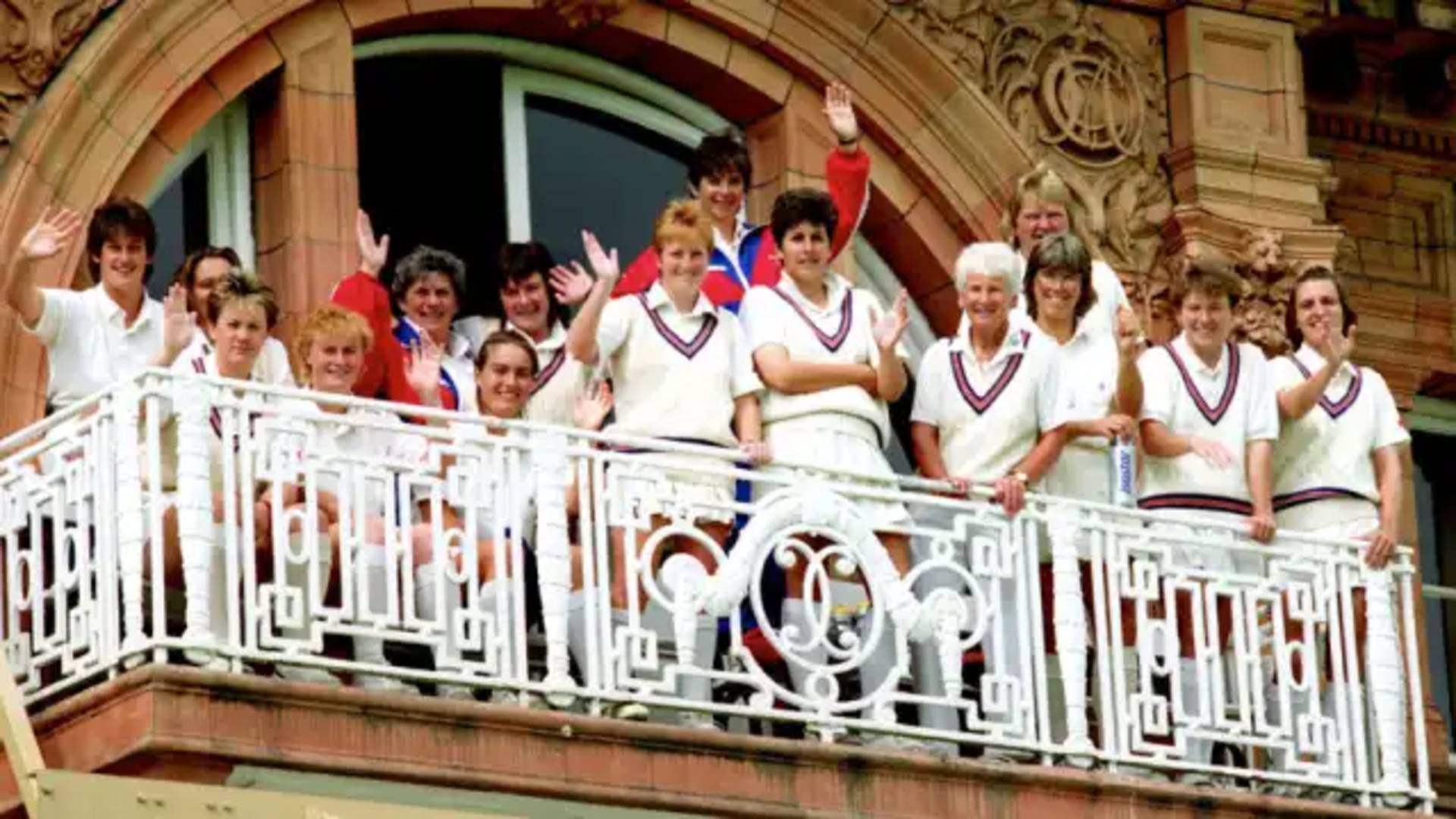
England (1993)
England's Women's national cricket team won the 1993 World Cup final at Lord's, defeating New Zealand by 67 runs on August 1. It was the Three Lionesses' second World Cup title, with all-rounder Jo Chamberlain being named Player of the Match for her 38-run innings and a wicket in the final.
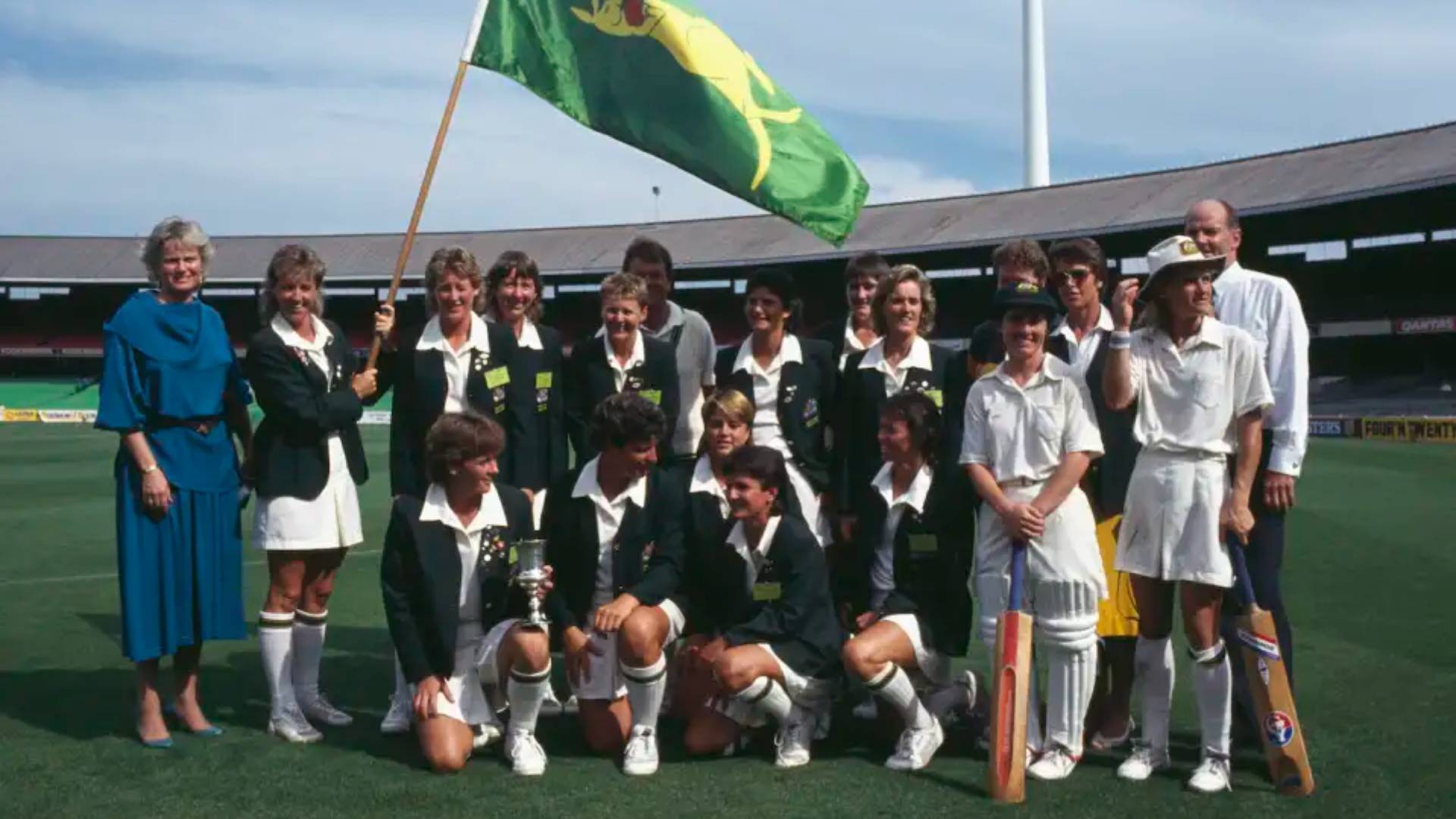
Australia (1988)
Australia secured its third consecutive title by defeating England by eight wickets in the final at the Melbourne Cricket Ground in the summer of 1988. England was restricted to 127/7 before a decisive partnership between Lindsay Reeler and Denise Annetts saw Australia successfully chase down the target in 44.5 overs.
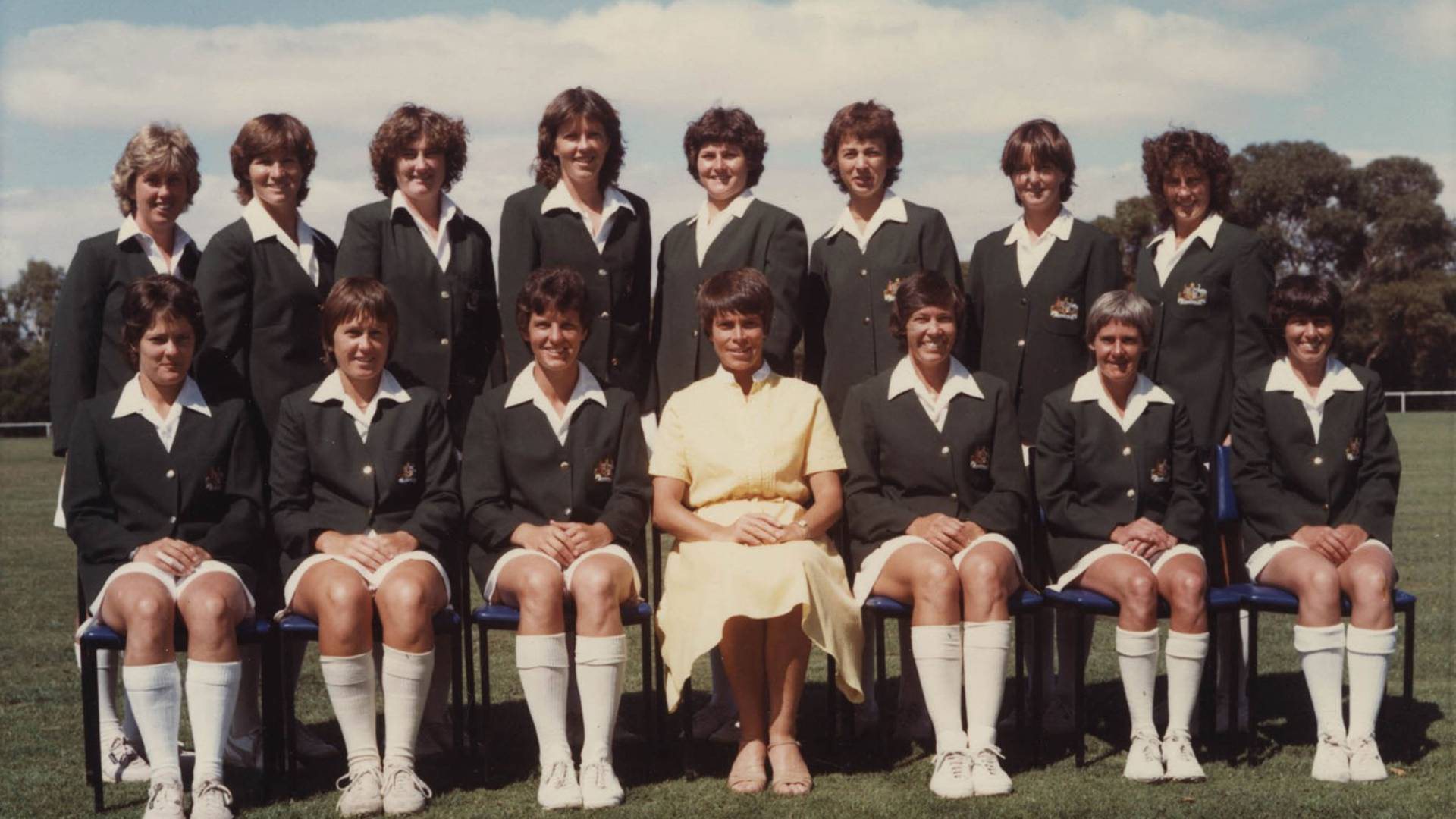
Australia (1982)
Another major victory for the dominant Australian Women's cricket team, they secured their second consecutive Women's Cricket World Cup title by defeating England by three wickets in the final on February 7, 1982. This victory was a hard-fought chase, with Australia successfully reaching the target of 152 runs with six balls remaining.
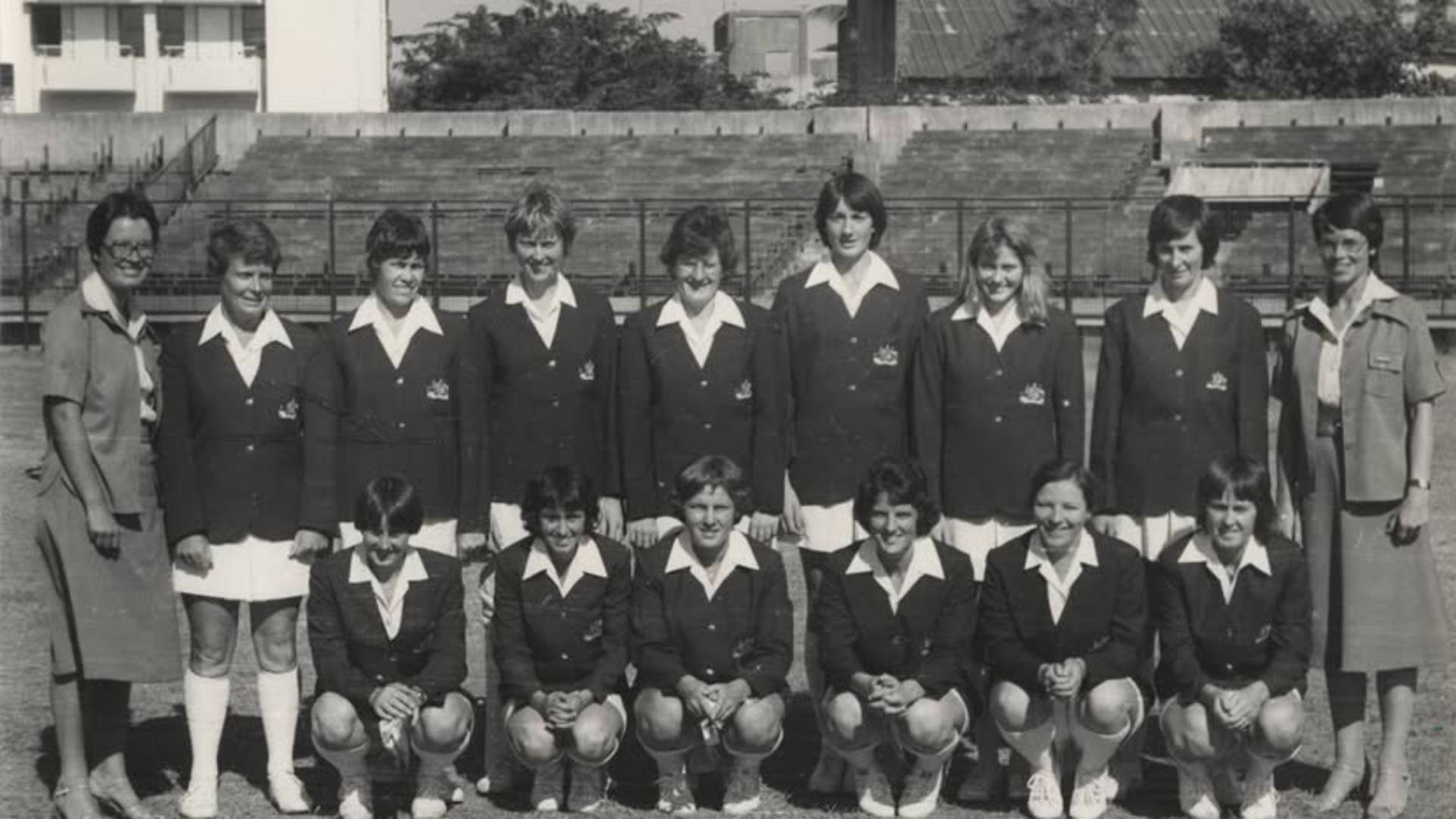
Australia (1978)
Australia won their first Women's Cricket World Cup title in 1978 in India, with no final being held in that edition. Australia lifted the trophy by finishing first on the standings with three wins and zero losses, and secured the championship by defeating rivals England by 8 wickets in the final match of the group stages.
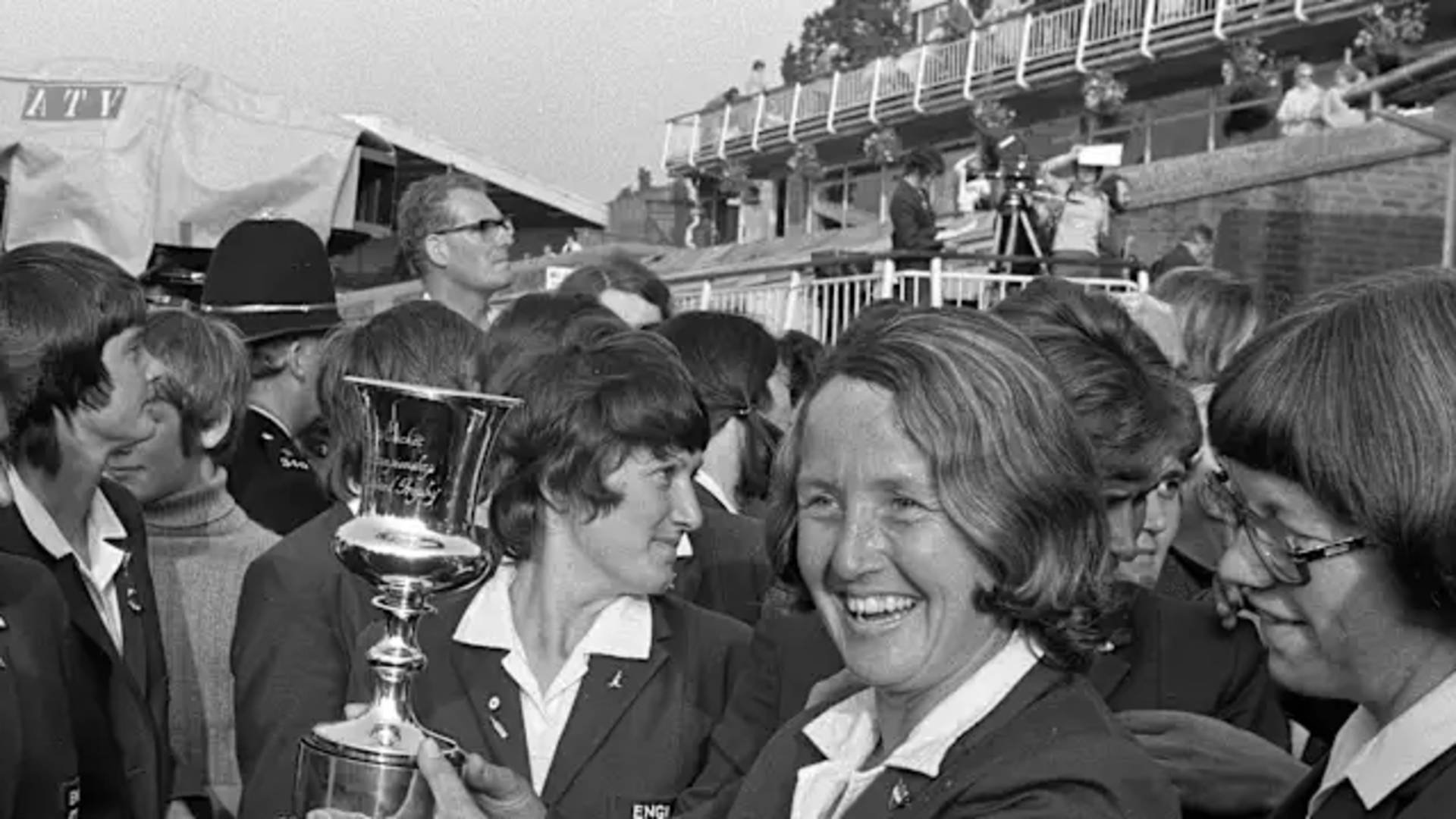
England (1973)
Quite interestingly, the Women's Cricket World Cup had kick-started two years prior to the Men's tournament, with England winning the inaugural edition in 1973. The English team topped the round-robin points table after defeating second-placed Australia by 92 runs in the decisive last match at Edgbaston, without a final.

